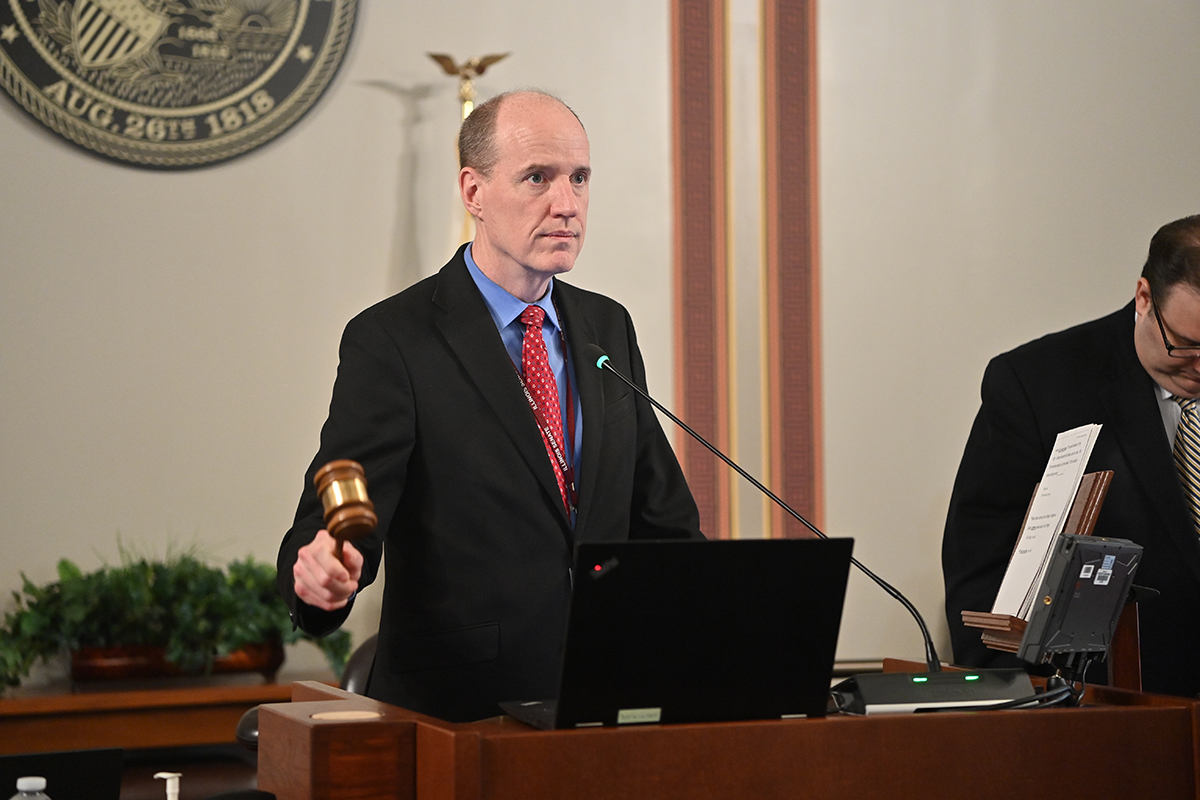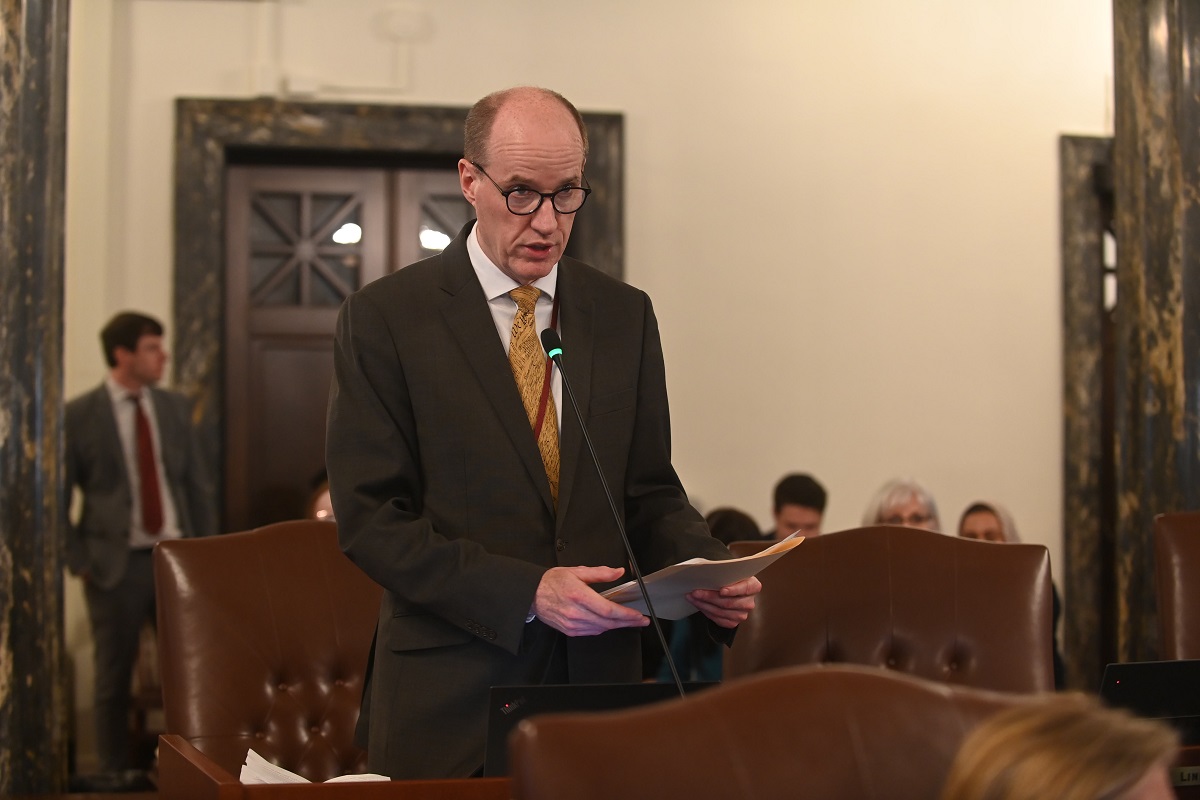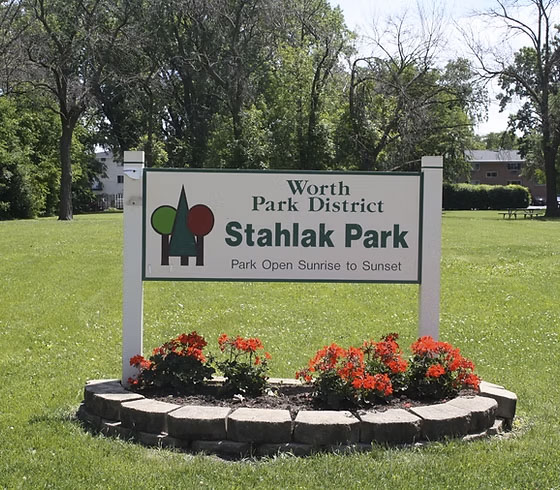Financial Aid Information Session
- Details
- Category: Uncategorised

Our office is hosting a financial aid information session in partnership with the Illinois Student Assistance Commission. Prospective college applicants, current college students and even parents should take advantage of this opportunity. Join us at the Chicago Ridge Public Library on Wednesday, Jan. 22 from 6:30 p.m. to 7:30 p.m. Give us a call at (773) 445-8128 or email Joan for more information.
Cunningham passes legislation to boost renewable energy storage
- Details
- Category: Uncategorised

SPRINGFIELD – State Senator Bill Cunningham’s energy package to put Illinois on a path to reach its climate goals, meet increasing electricity demand and provide reliability for residents is one step closer to becoming law.
“This is a very important next step in energy policy in Illinois,” said Cunningham, a Democrat who represents portions of Chicago and the Southwest Suburbs. “We will not be able to meet the increasing demand for electricity in our state without a robust energy storage plan.”
Energy storage is the capture of electricity produced at one time for use at a later time by storing it in a rechargeable battery.
Cunningham’s energy package streamlines the state’s renewable energy incentive program to get wind and solar projects on the grid faster. Additionally, the legislation ensures the state’s power grid is built and maintained by an Illinois-based union workforce.
House Bill 587 passed the Illinois Senate on Monday.
Cunningham law to stifle rouge towing companies takes effect
- Details
- Category: Press Releases

Cunningham goes toe to toe with towing industry and wins
CHICAGO – Starting on Jan. 1, 2025, State Senator Bill Cunningham’s new law eliminates questionable fees towing companies charge and gets rid of shady shakedowns over lifesaving medical devices.
“I was furious to find out that car owners cannot recover their personal medical devices, like hearing aids, from their vehicles – even if their vehicle is stolen and later towed,” said Cunningham, a Democrat who represents portions of Chicago and the Southwest Suburbs. “Holding medical devices hostage is going way too far, and punitive tricks to maximize profits just give people another reason not to trust the towing industry.”
Cunningham announces over $1 million in funding for local parks
- Details
- Category: Press Releases

CHICAGO – State Senator Bill Cunningham announced the Oak Lawn Park District and Worth Park District will each receive $600,000 in grant funding for local park projects.
“It might be wintertime and a lot of people aren’t thinking about their local parks, but the programming that park districts provide for our community are such an asset to the Southwest Suburbs,” said Cunningham, a Democrat who represents portions of Chicago and the Southwest Suburbs. “I am happy to have helped secure funding for our park districts so they can continue to provide safe and fun activities for families.”
The grant funding is provided through the Open Space Land Acquisition and Development (OSLAD) program. A total of $55.2 million was awarded to 100 local park projects across the state.
More Articles …
Page 9 of 110




